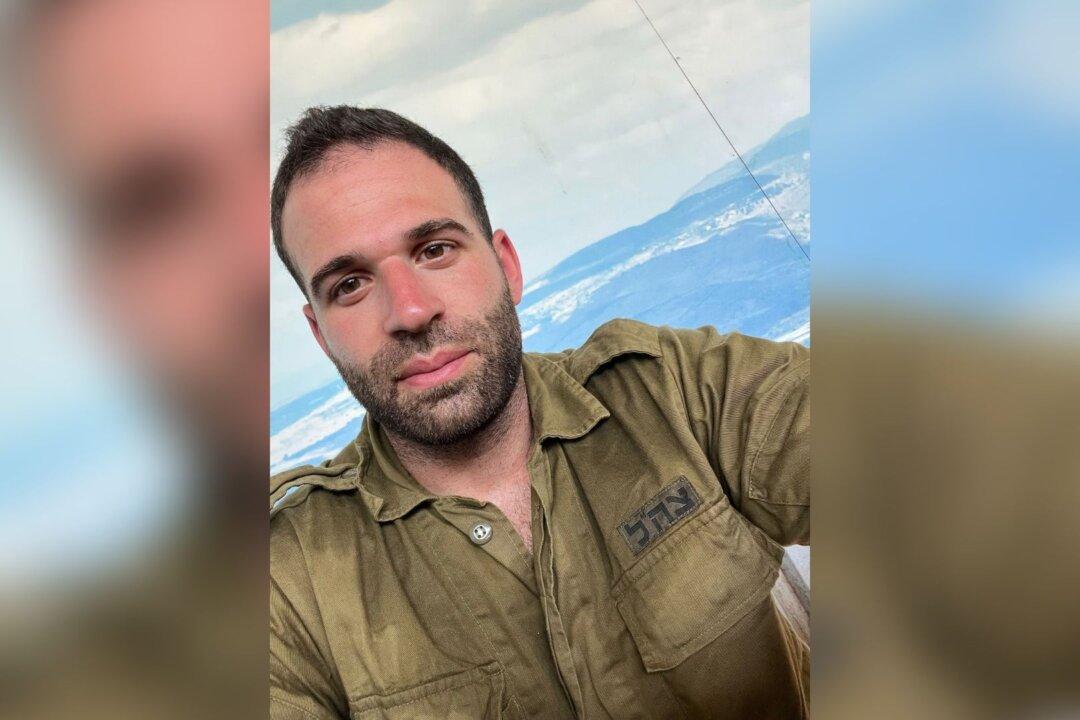Temima Silver is waiting for the call to report for duty in the Israeli military.
Born and raised in Ottawa, the 21-year-old moved to Israel in 2020 to join the Israel Defense Forces. Released from service last year, Silver said she recently responded to a call asking members of her former platoon to voluntarily return to duty after Hamas attacked Israel on Saturday.





